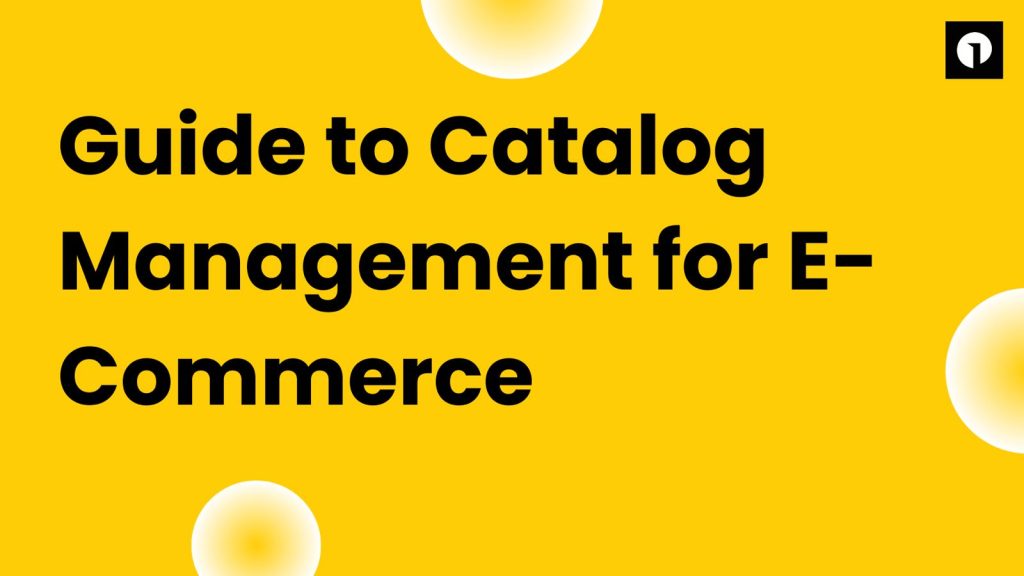When it comes to online shopping, the product catalog containing all the required information becomes crucial for shoppers and sellers. Even if consumers tend to buy offline, an appealing catalog makes the brand engaging. More than 81% of consumers conduct online research before purchasing anything online. Commanding a strong presence in the field of an already saturated digital market and to making your product stand out both in online and offline platforms, generating a strong e-commerce product catalog is highly essential.
What is a Catalog Management System and what is the need for it?
In simple words, organizing, categorizing, and handling the list of services or products that a brand or a business offers, which is highly crucial for online stores, is called catalog management. Combining catalog organizations and management with e-commerce platform management is known as e-commerce catalog management. Ensuring that all the listed products or services are well structured, updated, organized, and working throughout every platform and channel. Having this kind of organizing system is fundamental and extremely effective for sales. The main motive of this is to constantly run product data and keep updating it. This catalog management system ensures better control over various kinds of critical products among sellers and consumers. Providing accurate data to potential buyers is one of the crucial elements for any brand’s e-commerce sales success.
Convincing potential consumers is an integral part of both traditional and online shopping experience. In order to enhance this experience, every business needs a well-maintained online product catalog. Online sales are continuously growing and in both the B2B and B2C industry, consumers are accustomed to doing their product search and purchase in online mode. Bad or mediocre catalog management can lead to imprecise and inaccurate information on products which eventually creates an impact on the brand’s image and results in lost sales. So to ensure that customers have all the relevant and enough details to make a confident purchase.
Types of Catalog Management Software
Different businesses and industries choose different types of software according to their needs. Here are some catalog management software,
Saas-Based: This software is poised for optimal performance. SaaS(Software as a Service) based product catalog management software is completely managed by the vendor. Every aspect of this software from deployment to maintenance of the security system is handled by the provider only. It comes with a plug-and-play implementation and this software can’t be tailored or customized but businesses will always receive the latest version of this software everytime and from any location.
Cloud-Based: The popularity of cloud-based catalog management systems is rapidly increasing nowadays. In a cloud-based PCM, the system is deployed on an off-site server provided by any third-party vendors. This software stores data on the internet rather than using just one device which creates excellent flexibility. It also offers a great option to customize the catalog according to the needs of the business alongside scalability. This type of software requires a strong security feature.
On-Premise: This system is used on the customer’s own on-site servers in their physical locations. This software is relevant for large enterprises with ample financial resources, like IT equipment and setup time, which makes it comparatively expensive. Here the entire responsibility for its storage, maintenance, and hardware is up to the business or the enterprise.
Open Source: This software is great for start-up companies because it offers flexibility, scalability, security, and customization with a comparatively lower cost of usage due to its no license fee. Open-source software provides full control to the enterprise. This can be easily implemented and integrated with a range of software. As it is quite cost-effective, it requires highly trained staff to carry out all the necessary customizations.
To organize information and choose appropriate product categories for the brand’s eCommerce, product catalog is essential. A seamless flow of product information draws customers back to the store. This is the secret of boosting sales and managing a high value-driven eCommerce platform through a catalog management system.








